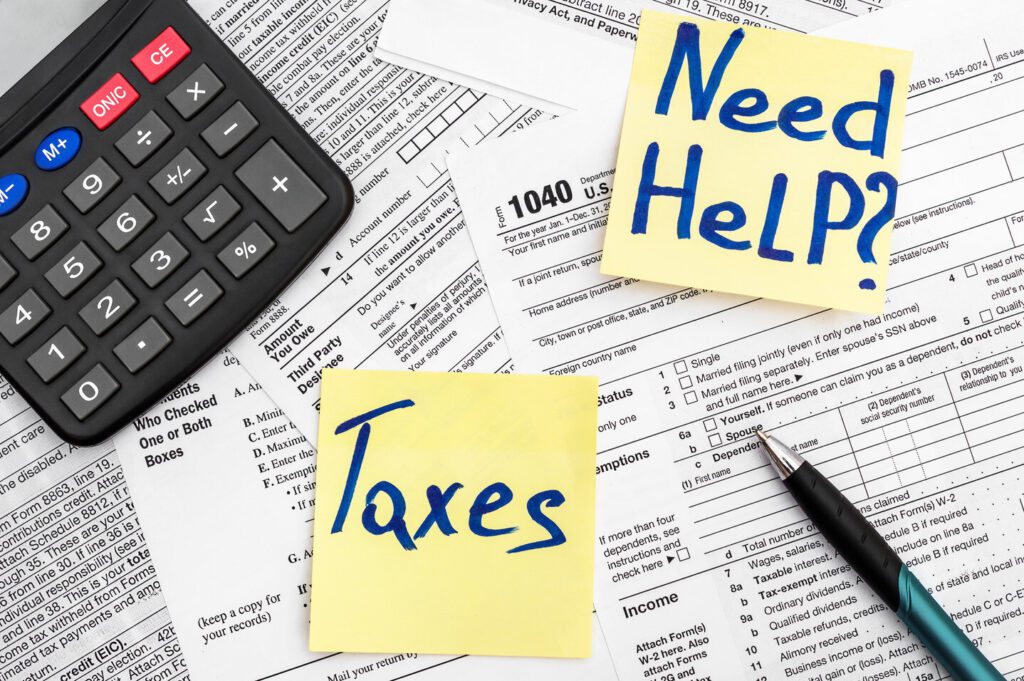When it comes to owing debts, and exploring forms of debt relief including consumer proposals and bankruptcy, you may see the term ‘creditor’ thrown around a lot. But what is a creditor? And, on the reverse, what is a debtor? Debt relief can reference a range of different terminology, much of which you may not be familiar with. In this article, we explain what a creditor is, the role of a creditor, and some similar terminology you may wish to have explained. If you are struggling with debts, the last thing you probably want to do is speak to your creditors. The best thing to do, however, is to deal with them as soon as possible in order to stop the situation getting worse. If you are transparent about your situation and show that you are trying to make your repayments, they will try to help you to manage your debt. At Spergel, our experienced Licensed Insolvency Trustees are here to assist you if you are in need of debt relief.
What is a creditor?
A creditor is an individual or business that provides money by a loan agreement or a contract. Creditors are typically defined as personal or real. Personal creditors could be individuals who loan money to friends or family. Real creditors, on the other hand, are banks or financial institutions that have legal contracts or agreements with the borrower that stipulate that the lender can claim the debtor’s assets or collateral if the loan goes unpaid. There are a few different types of creditor:
- Trust creditor – a creditor to whom the debtor holds property in trust by virtue of special status under legislation
- Secured creditor – a creditor who secures collateral in exchange for credit, e.g. a mortgage lender
- Preferred creditor – an unsecured creditor who is given priority in a bankruptcy
- Unsecured creditor – a creditor who gives credit but does not secure collateral in exchange for the debt owed to them, and is not a preferred creditor
Creditors can sometimes get confused with collection agencies and debt repayment agencies. Below, we have listed the difference:
- Creditors – provide credit or loans to consumers so that they can buy products or services
- Collection agencies – work on behalf of creditors to collect unpaid debts
- Debt repayment agencies – agencies that can help you negotiate your repayments with creditors for a fee, although this is not legally bound, unlike making a legal arrangement via a Licensed Insolvency Trustee
What do creditors do?
When you use credit to buy products or services and fail to make your repayments, your creditors may pursue legal action to reclaim the money they are owed. Common forms of credit that you might borrow include the following:
Legal action that creditors might take in order to reclaim their debts include wage garnishments, freezing bank accounts, and placing a lien on property. Creditors might choose to hire a debt collector or collection agency to collect their unpaid debts.
Types of creditor contracts
When you take out credit from a lender or financial institution, you might be signing up to one of the following contracts:
Secured credit contract
Some creditors might ask you to provide some form of collateral or security when you sign a credit contract. This collateral serves as funds or property that is guaranteed to your creditor if you fail to make your repayments. Types of collateral could include savings, deposits, or collateral like a vehicle or property. Should you fail to make your payments, your creditor may legally seize the assets used for security. If your security collateral does not cover the value of your debt, your creditor could sue you for any remaining money owed, including fees and interest. Spergel can help you to stop creditors pursuing legal action via a stay of proceedings. Creditors will need to use a civil enforcement agency in order to seize the collateral in question, and a bailiff will make the seizure on their behalf.
Conditional credit contract
Conditional credit contracts are a unique type of secured contract. When you purchase goods or services via a conditional credit contract, the creditor owns the purchases until you pay off your debt in full. The purchases are used as security collateral for the contract. If you fail to make the payments you owe as agreed in the terms of your conditional credit contract, your creditor could seize the goods you bought, or they could sue you for the amount owed.
Unsecured credit contract
When it comes to unsecured credit contracts, you get credit without the guarantee of any assets or collateral. Common examples include using a credit card or taking out a payday loan. If you fail to make your repayments on unsecured debts, your creditors may sue you. Learn more about the action creditors can take.
How to deal with creditors
Receiving communications from creditors when you owe them money can be incredibly stressful. Creditors are well within their rights to try and reclaim the money they are owed, yet you too have rights. Each province in Canada has its own rules and regulations around creditors and what they can and cannot do to collect. These rules include times of day during which creditors may call, and who they can and cannot call regarding your debt. Here are our top tips on dealing with creditors:
- Keep notes on your calls with creditors. This will help you to keep track of what was said, the agreements made, and any actions required
- Be transparent about what you can and cannot realistically achieve regarding repayment of your debt
- Contact your creditors as soon as possible if you are struggling with your repayments
If you are struggling to make your debt repayments, book a free consultation with Spergel. Our expert Licensed Insolvency Trustees have been helping Canadians gain debt relief for over thirty years, and we can help you to reduce or eliminate your debt completely. Unlike other bankruptcy firms, you will be assigned your very own Licensed Insolvency Trustee to walk you through the entire debt relief process, instead of being passed from person to person.
What do creditors share with credit bureaus?
In order to gain credit, most individuals will need to use their credit scores to prove to financial institutions that they are capable of borrowing and repaying funds. While creditors do not legally need to report information on debts to Canada’s two primary credit bureaus (Equifax and TransUnion), most will report payments made on time, late payments, purchases, loans, credit limits, and balances owed. Credit bureaus can then use this information to create credit scores. For this reason, trying to work with your creditors is important to supporting your financial future.
Still unclear on ‘what is a creditor?’ Book a free consultation with the experienced Licensed Insolvency Trustees at Spergel. We will explain the responsibilities of a creditor, and share advice on what to do if you owe your creditors and are struggling to repay your debts. We will review your financial circumstances and advise you on the best form of debt relief for your situation, from consumer proposals to bankruptcy.



















